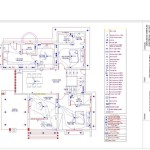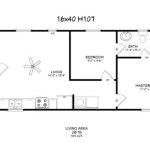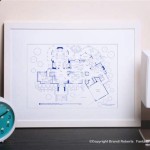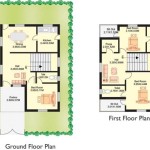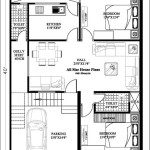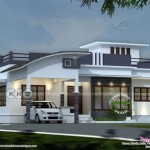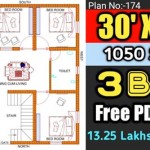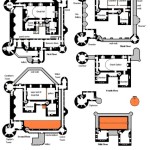Minimalist House Design Plans: The Essential Guide
Minimalist house design has gained immense popularity in recent years, captivating homeowners with its clean lines, open spaces, and emphasis on functionality. If you're considering embracing this aesthetic, understanding the essential aspects of minimalist house design plans is crucial. This comprehensive guide will provide you with an in-depth exploration of key elements to ensure a successful and harmonious outcome.
Simplicity and Clean Lines
Minimalism embraces simplicity, eliminating unnecessary details and ornamentation. Clean lines, smooth surfaces, and geometric shapes dominate minimalist designs, creating a sense of order and tranquility. Avoid clutter and excessive decoration, opting for pieces that serve both functional and aesthetic purposes.
Open Floor Plans
Open floor plans foster a sense of spaciousness and flow in minimalist homes. By removing unnecessary walls and partitions, you can create interconnected living spaces that promote natural light and facilitate movement. Large windows and doors further enhance the connection between indoor and outdoor areas.
Neutral Color Palettes
Neutral color palettes are a cornerstone of minimalist design. White, black, gray, beige, and taupe are commonly used to create a calming and cohesive environment. These hues allow for bold accents and statement pieces to stand out without overwhelming the space.
Natural Materials
Minimalist designs often incorporate natural materials such as wood, stone, concrete, and glass. These materials bring warmth, texture, and a connection to nature. Wood, for instance, adds organic warmth while stone provides durability and a timeless appeal.
Functionality and Storage
Functionality is paramount in minimalist design. Every element should serve a purpose, with storage being an essential consideration. Built-in shelves, hidden compartments, and sleek cabinetry ensure that belongings are concealed and order is maintained.
Lighting
Lighting plays a vital role in creating the ambiance of a minimalist home. Natural light is maximized through large windows, while artificial lighting is both functional and decorative. Recessed lighting, track lighting, and pendant lights can be used to highlight specific areas or create a desired mood.
Outdoor Spaces
Minimalist design extends to outdoor spaces, where simplicity and functionality prevail. Clean lines, natural materials, and well-defined spaces create serene and inviting outdoor areas. Patios, decks, and gardens are designed to complement the indoor living spaces, fostering a seamless transition between the two.
By adhering to these essential aspects, you can create a minimalist house design plan that exudes elegance, functionality, and tranquility. Embrace the beauty of simplicity, open spaces, and thoughtful details to achieve a home that reflects your refined aesthetic and enhances your daily life.

5 Bedroom Modern Minimalist House Plan Plans

Minimalist House 85 Design Archdaily

5 Characteristics Of Modern Minimalist House Designs

Contemporary Home Ch113 Minimalist House Design Floor Plans Small

4 Bedroom Contemporary Home Plan With Minimalist Style

Characteristics Of Simple Minimalist House Plans Yr Architecture Design

Characteristics Of Simple Minimalist House Plans Narrow Design Open Concept

Rb 182 House Minimalist Architecture Design Studio Archdaily

Minimalist Homes For Any Budget The House Designers

Characteristics Of Simple Minimalist House Plans Design Home

